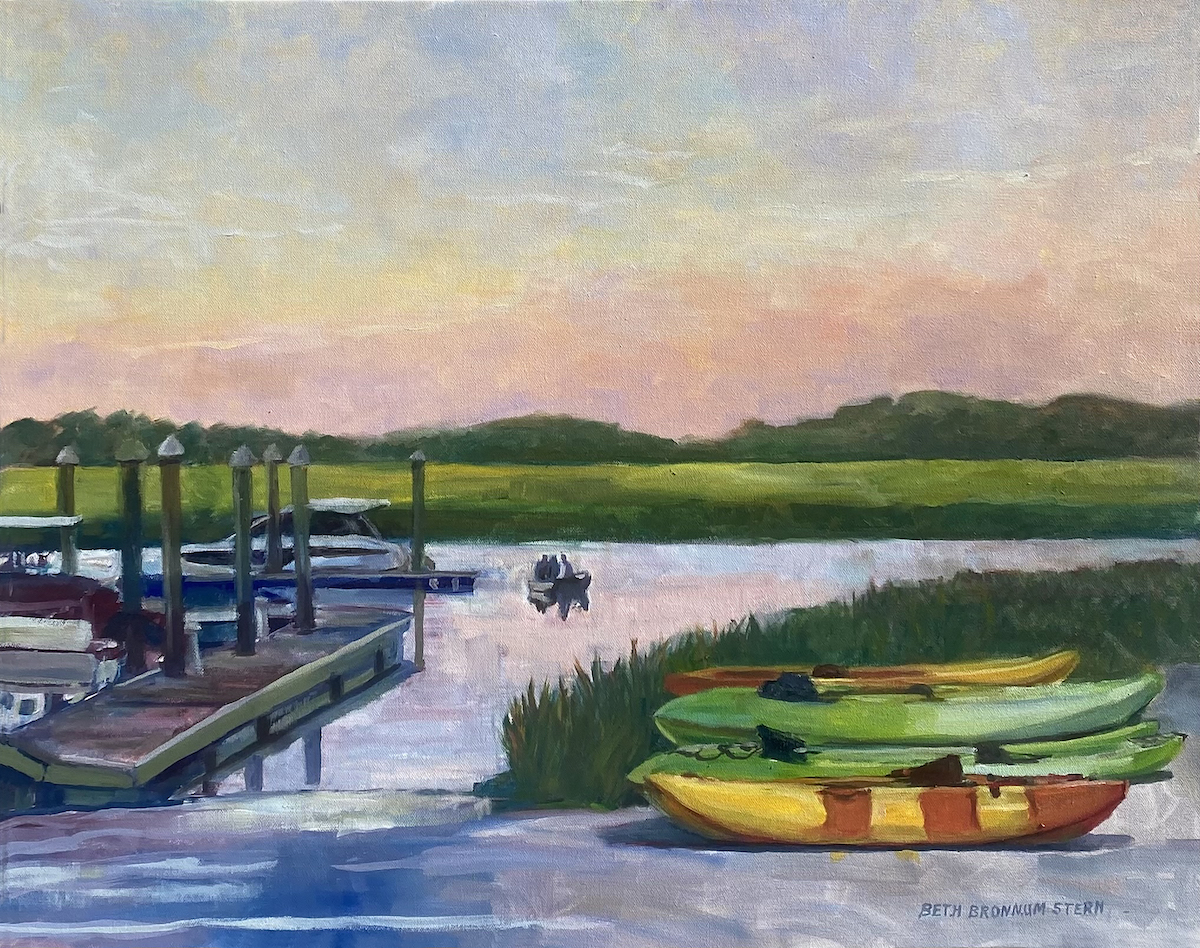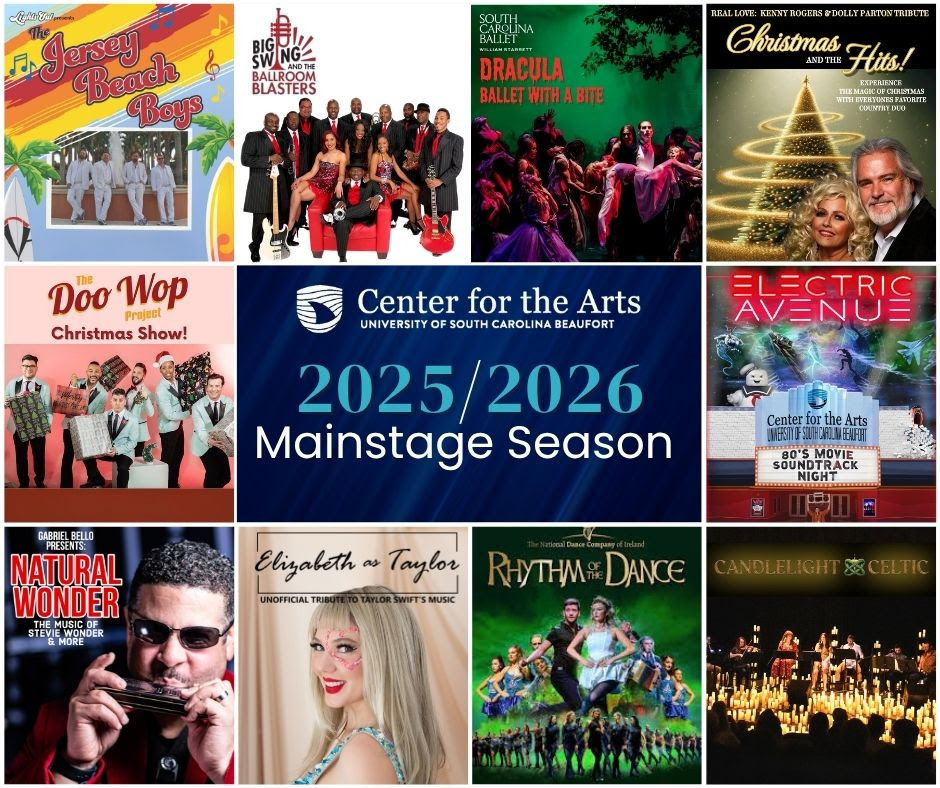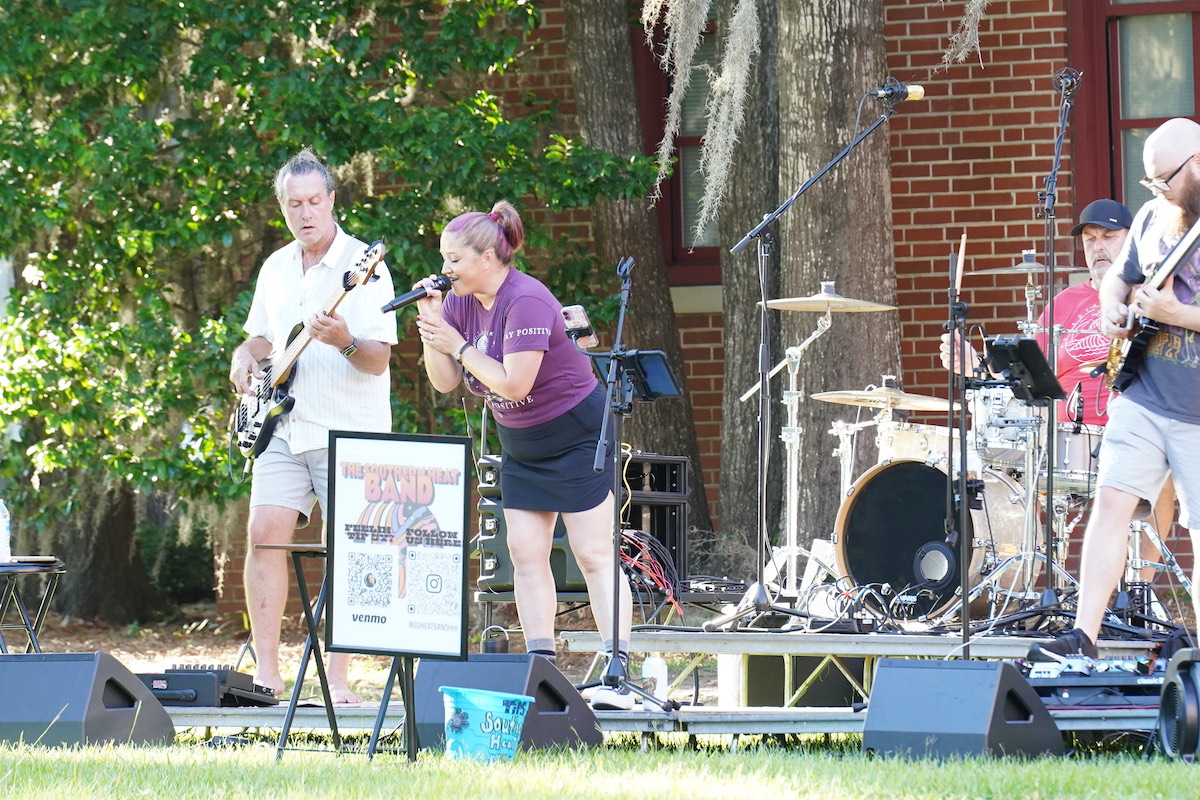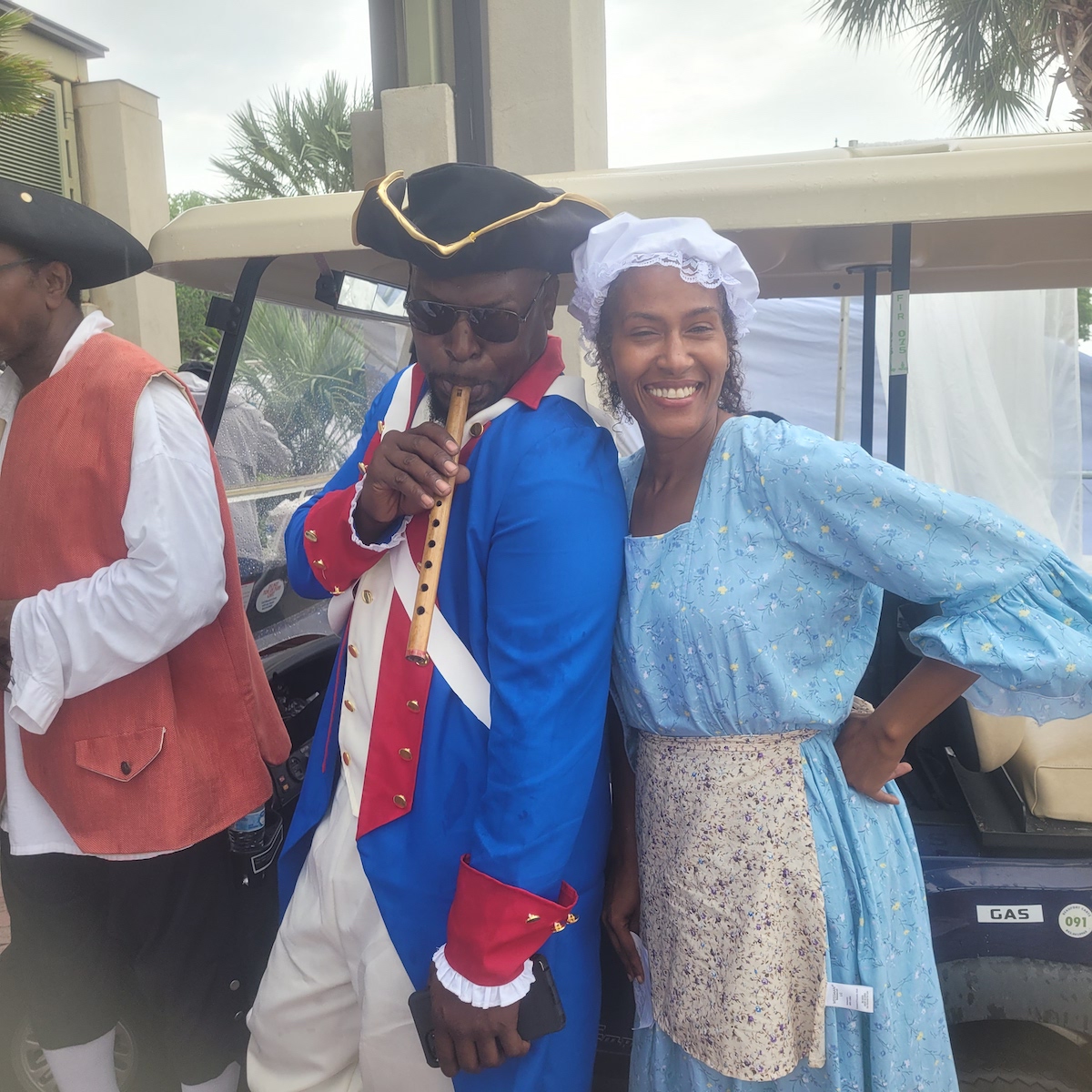By Alan Schuster
The USCB Center for the Arts presents “The MET: Live in HD” with Verdi’s opera based on Shakespeare’s “Macbeth” on Saturday, Oct. 11 at 12:55 p.m.
“With Macbeth, Verdi takes an immense leap forward: away from the conventional demands of the time, and towards dramatic truth and a musical style which combines psychological depth with a continuing abundance of that prolific and individual melodic gift which was never to desert him.” Opera author Charles Osborne.
The world premiere of the opera took place in Florence in 1847. It was very well-received by the critics, but the best indication of its success came from the audience when there were 38 curtain calls for Verdi, more than there were for all the singers combined.
As for the present, the Met’s production of “Macbeth” has once again become a hit with critics and audiences alike. And almost all of the praise has been rendered to the super-diva, Anna Netrebko, as Lady Macbeth. Here are two notable quotables. The New York Times: “She is a soprano with star power in the best sense, a charismatic expressivity that pervades every element of her performance. The tour de force is the great sleep-walking scene. Ms. Netrebko … sang the music hauntingly, shifting from phrases of breathy delicacy to bursts of steely intensity.” And from The Classical Review: “Ms. Netrebko grabbed the role by the throat and did not let go. Her sleep-walking scene was so compelling, so riveting, that we could almost see the imaginary blood on her hands.”
Act I: A prediction is made by witches to Scottish generals, Macbeth and Banquo, that Macbeth will become the next King of Scotland as well as Thane of Cawdor and that Banquo, son of the current king, will become the father to future kings. Soon, Macbeth is appointed Thane of Cawdor. Lady Macbeth learns of the prophecy, but questions her husband’s will to take the throne. She encourages him to kill King Duncan, a guest at their castle, while he sleeps. He does.
The music: In a chilling duet “Fatal mia donna” (My fated lady) between Macbeth and Lady Macbeth, Verdi’s music and Shakespeare’s poetry combine to project drama of the highest order. Osborne adds that “If one can put one’s finger on a place in the score and say ‘Here is where Verdi lifts Italian opera out of its stagnant conventions,’ this is it.” Equally stunning is the finale with a tremendous chorus and ensemble vowing to punish King Duncan’s murderer.
Act II: Macbeth, now the king, remembers the witches’ prophesy and decides that Banquo and his children must be put to death. Banquo is killed but his son escapes. During Macbeth’s accession banquet, Banquo’s ghost appears, frightening Macbeth. Lady Macbeth tries — but fails — to distract the guests.
The music: Lady Macbeth sings a finely-crafted aria, “The light is fading,” and later joins Macbeth in a magnificent banquet scene in which she leads guests in a rousing drinking song, frequently interrupted by Macbeth’s chilling visions of Banquo’s ghost.
Act III: Macbeth re-visits the witches, learning that no man “born of woman” will ever harm him. Another warns him about Macduff, and a third says that no harm will come to him until Birnam Wood moves toward him. When Macbeth sees a vision of eight kings pass before his eyes, the last of which is Banquo’s ghost, he collapses. Soon, Lady Macbeth finds him and they make plans to kill Banquo’s son, and Macduff’s family.
The music: This brief act includes an impressive witches scene, both for the orchestration and the dramatic melodies they support. Lady Macbeth and Macbeth sing a stressful duet: “The hour of death and vengeance,” a fine piece, but one that falls a bit short of the dynamic duet of act one.
Act IV: Macduff plans revenge, learning that his family has been killed. Lady Macbeth is sleepwalking, imagining blood on her hands and the murders that they have committed. After learning of his wife’s death, Macbeth waits for the advance of his enemies. Fearfully, he sees Birnam Wood approaching (actually soldiers camouflaged with branches), but then recalls that no man “born of woman” can hurt him. Macduff arrives, telling Macbeth that he was not born naturally, leading to a duel which Macduff wins. He then proclaims Duncan’s son Malcolm, as the new king of Scotland.
The music: Two fine choruses open and close the act. First and foremost is “Patria oppressa”, sung menacingly by the Scottish clansmen. Moments later, Lady Macbeth’s insinuating sleep-walking scene unravels, being both a soprano’s highlight as well as another Verdi salute to Shakespeare’s poetry. The “Victoria” chorus — including all those who are still alive — makes for a decisively strong finish.
Joining Ms. Netrebko will be baritone-bass Zeljko Lucic (last season’s outstanding Rigoletto) as Macbeth; bass Rene Pape as Banquo and Joseph Calleja as Macduff. Fabio Luisi conducts.
Next performance will be Mozart’s comic masterpiece “Marriage of Figaro,” Saturday, Oct. 18.
All seats are general admission. Adults, $20; OLLI members, $18; Students, $10. Or order online at www.uscbcenterforthearts.com. Box office opens at noon or call 843-521-4145.






